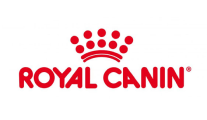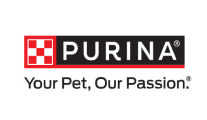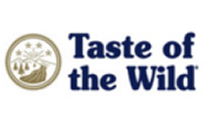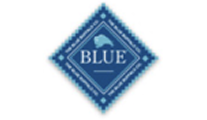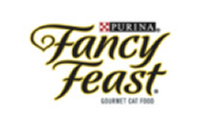- DOGS WITH INCONSISTENT STOOL: Royal Canin Gastrointestinal High Fiber is a veterinary-exclusive dry dog food that helps normalize an adult dog’s stool frequency and quality
- DIGESTIVE SUPPORT: Highly digestible proteins and enhanced omega-3 fatty acids like EPA+DHA help support digestive health
- MICROBIOME SUPPORT: Includes selected prebiotics to help support a healthy gastrointestinal microbiome
- HIGH FIBER: Fiber-rich diet with highly fermentable prebiotic fibers to help support the microbiome and less fermentable fibers to help support stool quality and regularity
- ADEQUATE ENERGY SUPPORT: Formulated with adequate energy levels to maintain a healthy body weight
Royal Canin Veterinary Diet Canine Gastrointestinal High Fiber Dry Dog Food
Prescription required.
Learn more
Save $7 by joining PetPlus
Prescription required.
Learn more
Save $7 by joining PetPlus
- DOGS WITH INCONSISTENT STOOL: Royal Canin Gastrointestinal High Fiber is a veterinary-exclusive dry dog food that helps normalize an adult dog’s stool frequency and quality
- DIGESTIVE SUPPORT: Highly digestible proteins and enhanced omega-3 fatty acids like EPA+DHA help support digestive health
- MICROBIOME SUPPORT: Includes selected prebiotics to help support a healthy gastrointestinal microbiome
- HIGH FIBER: Fiber-rich diet with highly fermentable prebiotic fibers to help support the microbiome and less fermentable fibers to help support stool quality and regularity
- ADEQUATE ENERGY SUPPORT: Formulated with adequate energy levels to maintain a healthy body weight






